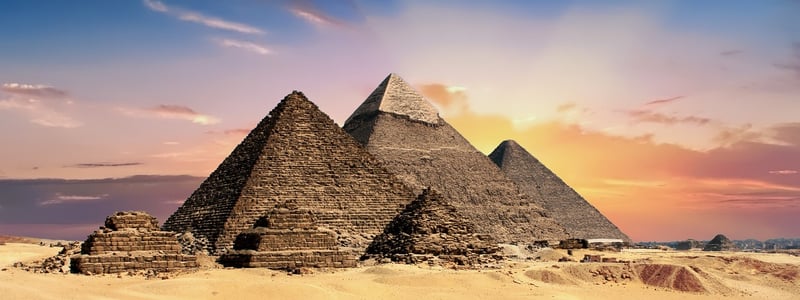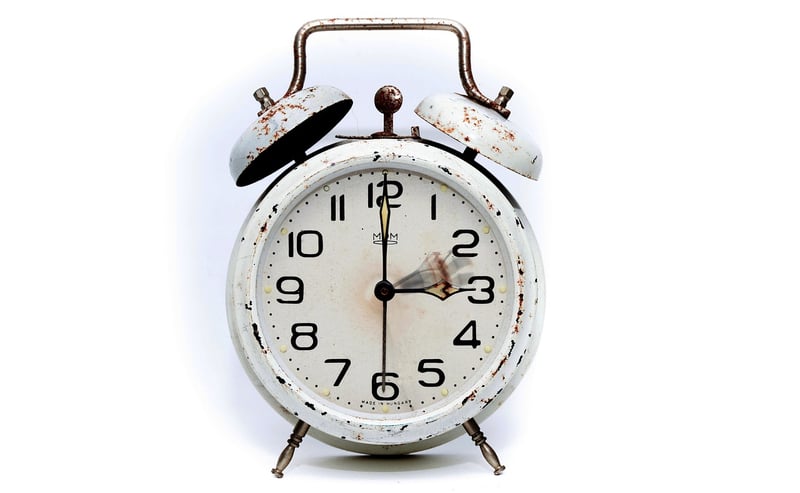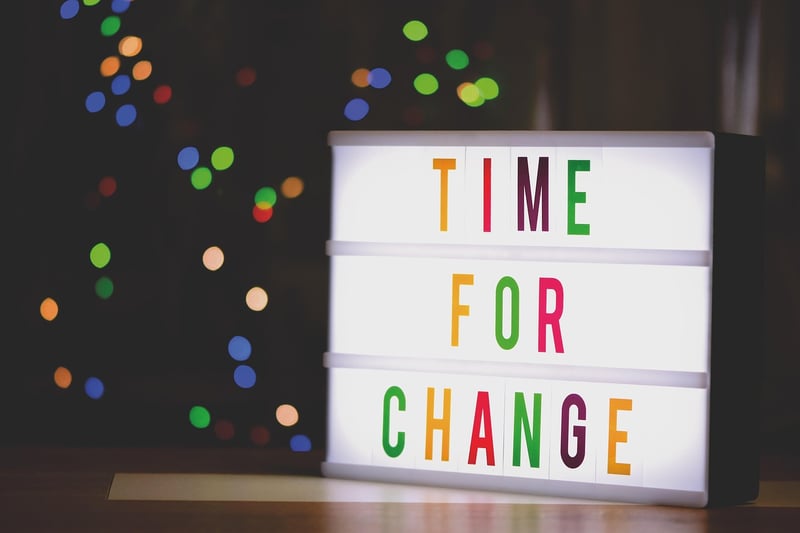Changing the Past
Interactions with the Past and Changing the Past
Exploring the past through various means has always been a fascinating aspect of human curiosity. Whether it's through historical records, artifacts, or even fictional works, the past holds a certain allure that captivates our imagination. In this article, we delve into the concept of interactions with the past and the intriguing idea of changing the course of history.
Understanding Interactions with the Past
Interactions with the past can take many forms, from studying ancient civilizations to visiting historical sites. By engaging with the past, we gain insights into different cultures, traditions, and ways of life that have shaped our present world. It allows us to appreciate the achievements and learn from the mistakes of those who came before us.
Methods of Interacting with the Past:
- Archaeological Excavations
- Historical Research
- Art and Literature
- Museums and Exhibitions
- Reenactments and Living History

The Concept of Changing the Past
While changing the past may seem like a concept confined to science fiction, the idea of altering historical events has intrigued many throughout history. Whether it's through time travel narratives or alternate history scenarios, the notion of rewriting the past raises thought-provoking questions about causality, free will, and the nature of reality.
Exploring Changing the Past:
- Time Travel Theories
- Alternate History Fiction
- Butterfly Effect and Ripple Effects
- Ethical Considerations

While physically altering the past may remain a fantasy, our interactions with history continue to shape our present and future. By learning from the past and contemplating the possibilities of changing it, we gain a deeper appreciation for the complexities of time and the narratives that define our existence.
Embrace the mysteries of the past, for they hold the keys to understanding our present and shaping our future.
